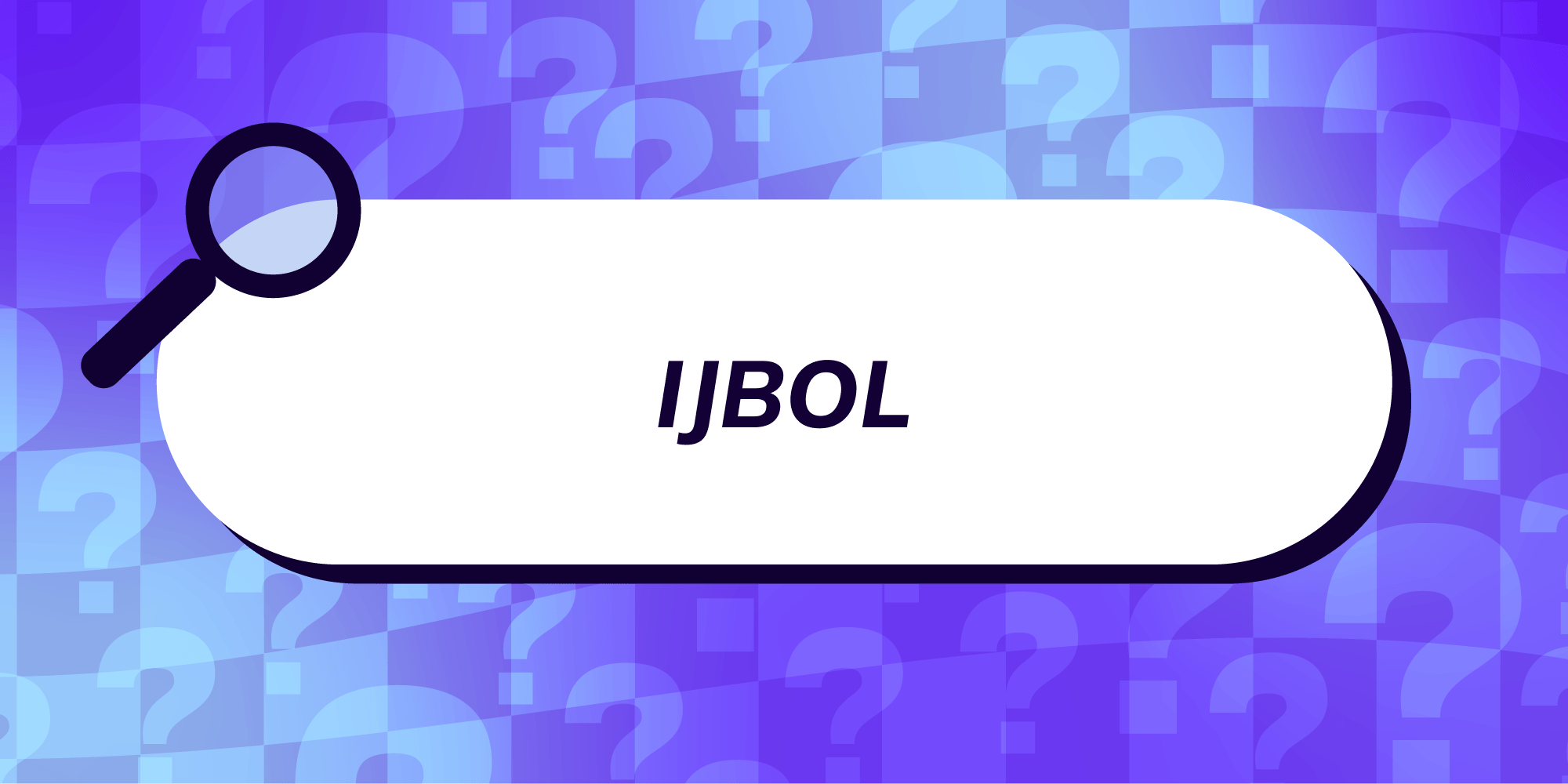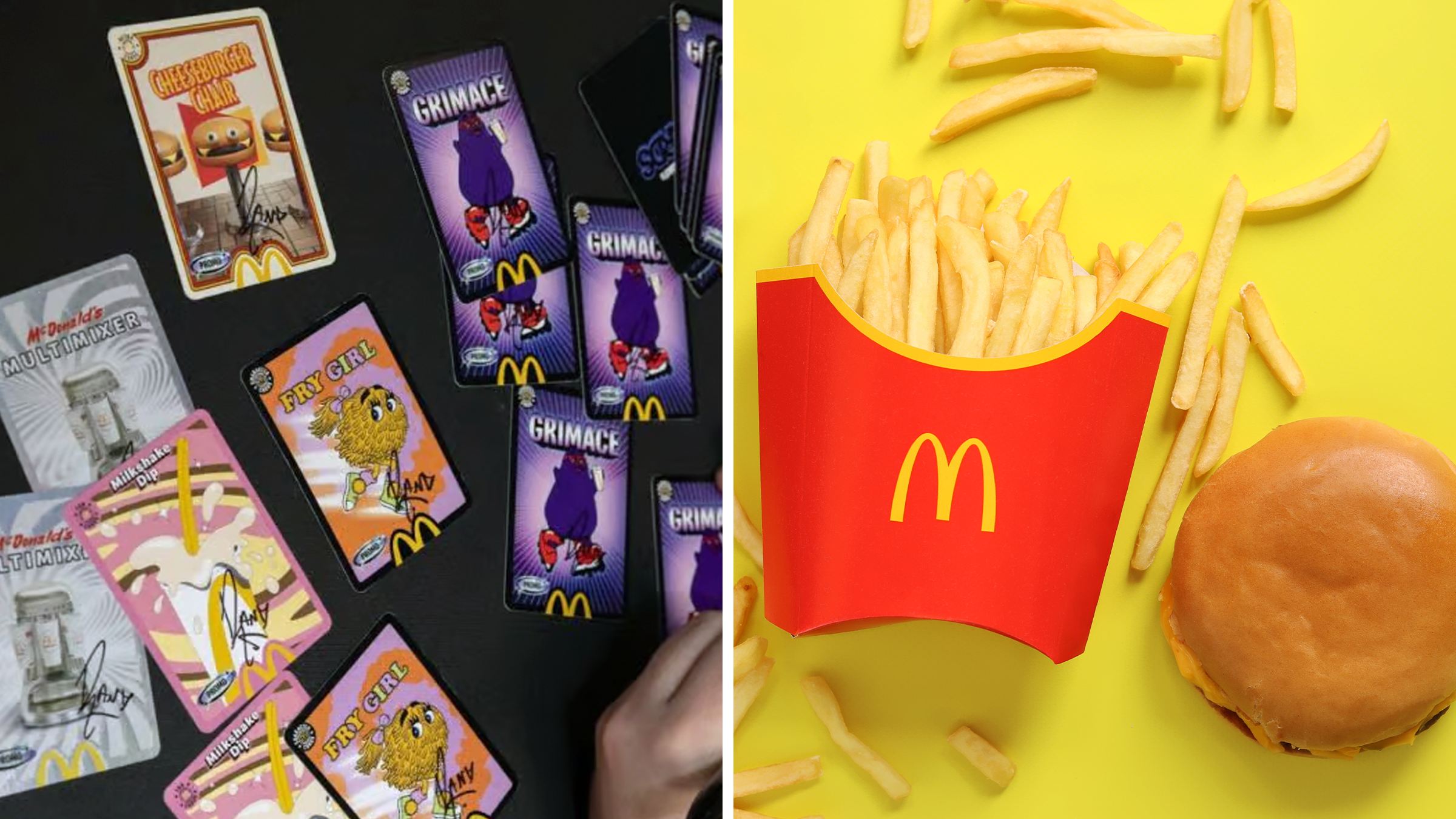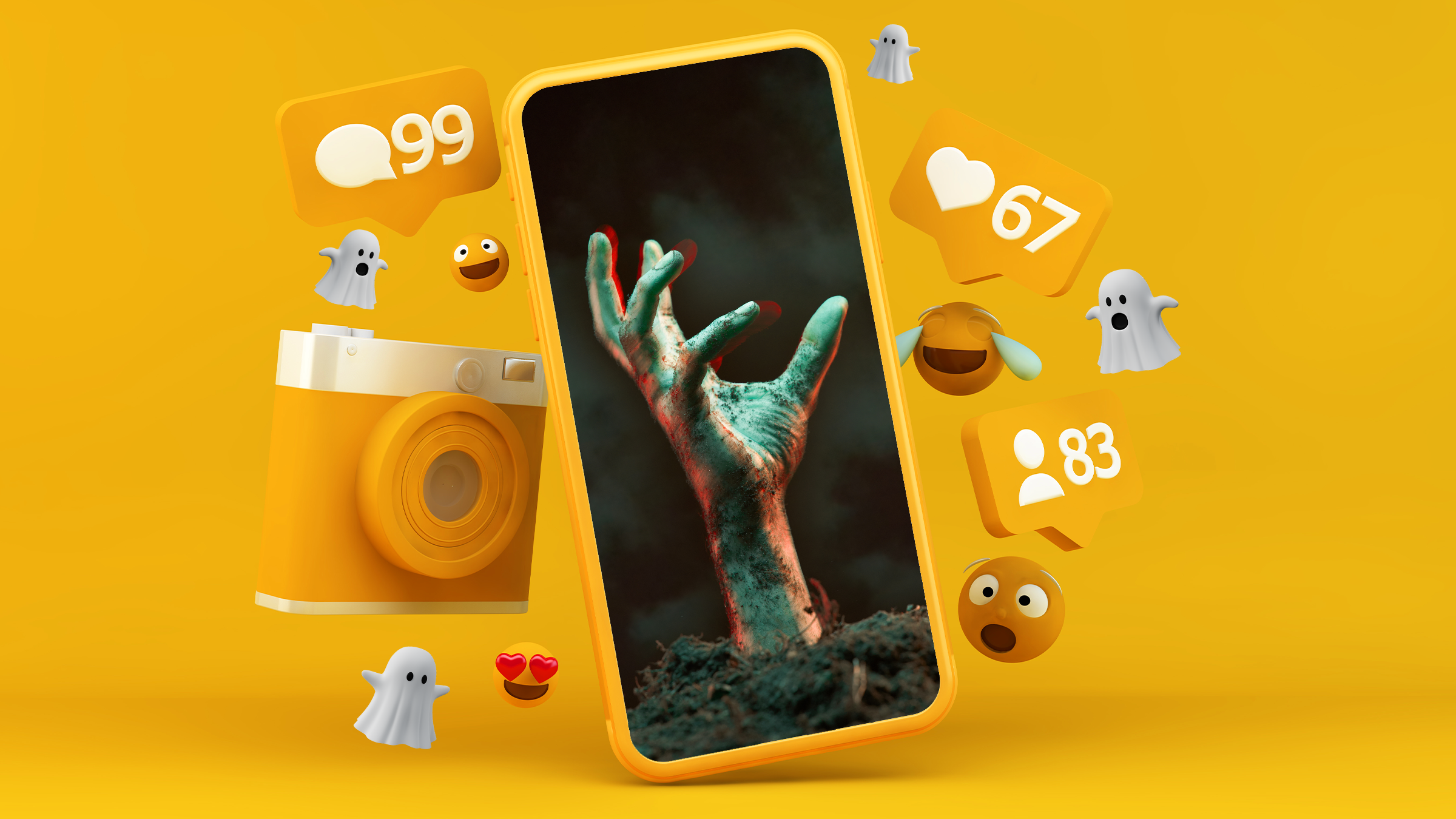
Scrolling In The Deep is a weekly column that defines internet slang you need to know to operate online. It runs on Wednesdays in the Daily Dot’s web_crawlr newsletter—but only our most dedicated readers get it.
If you want to get this column a week before we publish it, subscribe to web_crawlr, where you’ll get the daily scoop of internet culture delivered straight to your inbox.
Let’s all come together to wish “lol,” and by extension “lmao” (my favorite), a teary R.I.P. That is, unless you want to appear uncool online. Laugh Out Loud went from being the new “it” acronym in the 1980s – 2000s to losing its value in the 2010s. No one who says “lol” anymore is actually lol-ing.
Think about it: the ubiquitous slang has become a crutch to punctuate awkward sentences, soften the blow so as to not appear too serious, or at the very least a pitiful retort to a friend’s dry joke. Laughing My Ass Off has also followed the fated path of LOL, where typing out a quick “lmao” signifies, hey, that tweet sort of made me chuckle. And I don’t remember the last time someone used ROFL (Rolling On the Floor Laughing).
It makes sense, then, that a newer, more literal exclamation was needed to express that you’re actually guffawing. Enter IJBOL.
What does IJBOL mean?
Not a K-Pop band nor a diss in a videogame chatroom, IJBOL stands for “I Just Burst Out Laughing.” Yes, it’s more personalized and longer than its obsolete iterations, but nevertheless, the slang has flooded X and TikTok, especially among Gen Z-ers.
What’s interesting about IJBOL is that it signifies something more realistic. For instance, no one really laughs their ass off, but people do burst out laughing when they read something funny online. The spontaneity and realness of it has captured the younger generations. And while its meaning is not something new or innovative, the slang term became so popular last year that tons of creators–and even news segments–dedicated explainers to it.
Where did IJBOL come from?
According to Mashable, the acronym first popped up among K-Pop fandoms, which led many to think it was a Korean word at first. Once the Western side of social media got ahold of it, its use became more apparent across online circles.
However, it seems Gen Z-ers crowned Vice President Kamala Harris as the face of IJBOL. It’s not news that the Vice President is known to freely express her amusement often. Once multiple clips of her interviews went viral because of her proclivity to laugh at anything, Gen Z-ers dubbed her the “Queen” of IJBOL.
How to use IJBOL
Sure, You can use IJBOL the way it’s meant to be used–responding to jokes online. Or you can use IJBOL itself as part of a meme, like many netizens tend to do. For example, users claim clebrities lost the “IJBOL” war by laughing during an interview. Or, they may say something like, “Me when I eat IJBOL-flavored ice cream,” and post a picture of a celebrity chuckling, like this guy did.
Today, using IJBOL can immediately let a person know which generation bracket you belong to. Those who cling to “lmao” or worse, the laughing emoji, are immediately dismissed by Gen Z-ers as being too old. If you care about that kind of thing, you may want to start using IJBOL.
To answer polls and pop quizzes, and get this column a week before we publish it, subscribe to web_crawlr, where you’ll get the daily scoop of internet culture delivered straight to your inbox.
Want more Scrolling in the Deep?
Check out our previous explainers:
1) Scrolling In The Deep: Have you been gagged?
2) Scrolling In The Deep: Is someone complimenting you a bit too much? They might be glazing
3) Scrolling In The Deep: What does ‘BFFR’ mean on TikTok?






